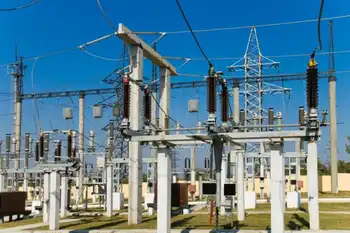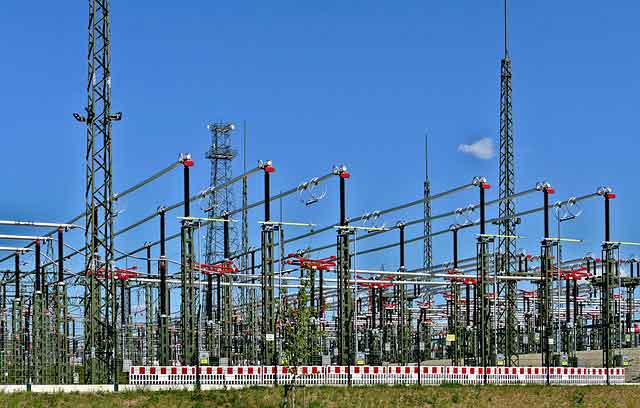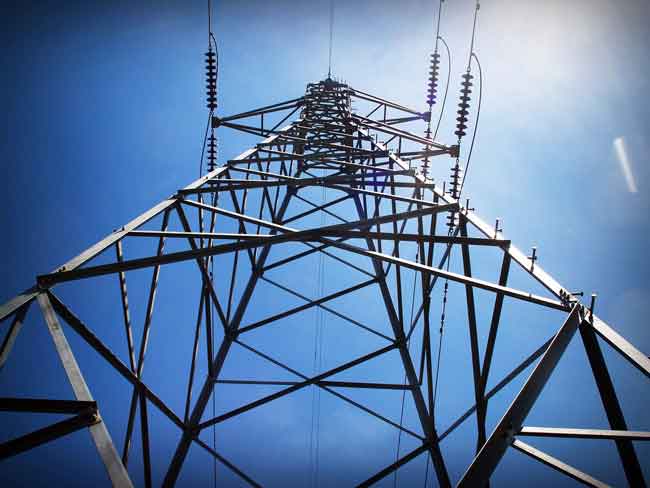UK Coal Phase-Out signals an energy transition, accelerating decarbonization with offshore wind, solar, and storage, advancing net-zero targets, cleaner air, and a just transition for communities impacted by fossil fuel decline.
Key Points
A policy to end coal power in the UK, boosting renewables and net-zero goals while improving air quality.
✅ Coal electricity fell from 40% in 2012 to under 3% by 2022
✅ Offshore wind and solar expand capacity; storage enhances reliability
✅ Just transition funds retrain workers and support coal regions
The United Kingdom is poised to mark a significant milestone in its energy history by phasing out coal power entirely, ending a reliance that has lasted for 142 years. This decision underscores the UK’s commitment to combating climate change and transitioning toward cleaner energy sources, reflecting a broader global energy transition away from fossil fuels. As the country embarks on this journey, it highlights both the achievements and challenges of moving towards a sustainable energy future.
A Historic Transition
The UK’s relationship with coal dates back to the Industrial Revolution, when coal was the backbone of its energy supply, driving factories, trains, and homes. However, as concerns over air quality and climate change have mounted, the nation has progressively shifted its focus toward renewable energy sources amid a global decline in coal-fired electricity worldwide. The decision to end coal power represents the culmination of this transformation, signaling a definitive break from a past heavily reliant on fossil fuels.
In recent years, the UK has made remarkable strides in reducing its carbon emissions. From 2012 to 2022, coal's contribution to the country's electricity generation plummeted from around 40% to less than 3%, as policies like the British carbon tax took effect across the power sector. This dramatic decline is largely due to the rise of renewable energy sources, such as wind, solar, and hydroelectric power, which have increasingly filled the gap left by coal.
Environmental and Health Benefits
The move away from coal power has significant environmental benefits. Coal is one of the most carbon-intensive energy sources, releasing substantial amounts of carbon dioxide (CO2) and other harmful pollutants into the atmosphere. By phasing out coal, the UK aims to significantly reduce its greenhouse gas emissions and improve air quality, which has been linked to serious health issues such as respiratory diseases and cardiovascular problems.
The UK government has set ambitious net zero policies, aiming to achieve net-zero carbon emissions by 2050. Ending coal power is a critical step in reaching this target, demonstrating leadership on the global stage and setting an example for other countries still dependent on fossil fuels. This transition not only addresses climate change but also promotes a healthier environment for future generations.
The Role of Renewable Energy
As the UK phases out coal, renewable energy sources are expected to play a central role in meeting the country's energy needs. Wind power, in particular, has surged in prominence, with the UK leading the world in offshore wind capacity. In 2020, wind energy surpassed coal for the first time, accounting for over 24% of the country's electricity generation.
Solar energy has also seen significant growth, contributing to the diversification of the UK’s energy mix. The government’s investments in renewable energy infrastructure and technology have facilitated this rapid transition, providing the necessary framework for a sustainable energy future.
Economic Implications
While the transition away from coal power presents environmental benefits, it also carries economic implications. The coal industry has historically provided jobs and economic activity, particularly in regions where coal mining was a mainstay, a dynamic echoed in analyses of the decarbonization of Canada's electricity grid and its regional impacts. As the UK moves toward a greener economy, there is an urgent need to support communities that may be adversely affected by this transition.
To address potential job losses, the government has emphasized the importance of investing in retraining programs and creating new opportunities in the renewable energy sector. This will be vital in ensuring a just transition that supports workers and communities as the energy landscape evolves.
Challenges Ahead
Despite the progress made, the journey toward a coal-free UK is not without challenges. One significant concern is the need for reliable energy storage solutions to complement intermittent renewable sources like wind and solar. Ensuring a stable energy supply during periods of low generation will be critical for maintaining grid reliability.
Moreover, public acceptance and engagement will be crucial, as illustrated by debates over New Zealand's electricity transition and its pace, as the UK navigates this transition. Engaging communities in discussions about energy policies and developments can foster understanding and support for the changes ahead.
Looking to the Future
The UK’s decision to phase out coal power after 142 years marks a significant turning point in its energy policy and environmental strategy. This historic shift not only aligns with the country’s climate goals but also showcases its commitment to a cleaner, more sustainable future.
As the UK continues to invest in renewable energy and transition away from fossil fuels, it sets an important example for other nations, including those on China's path to carbon neutrality, grappling with similar challenges. By embracing this transition, the UK is not only addressing pressing environmental concerns but also paving the way for a greener economy that can thrive in the decades to come.
Related News












